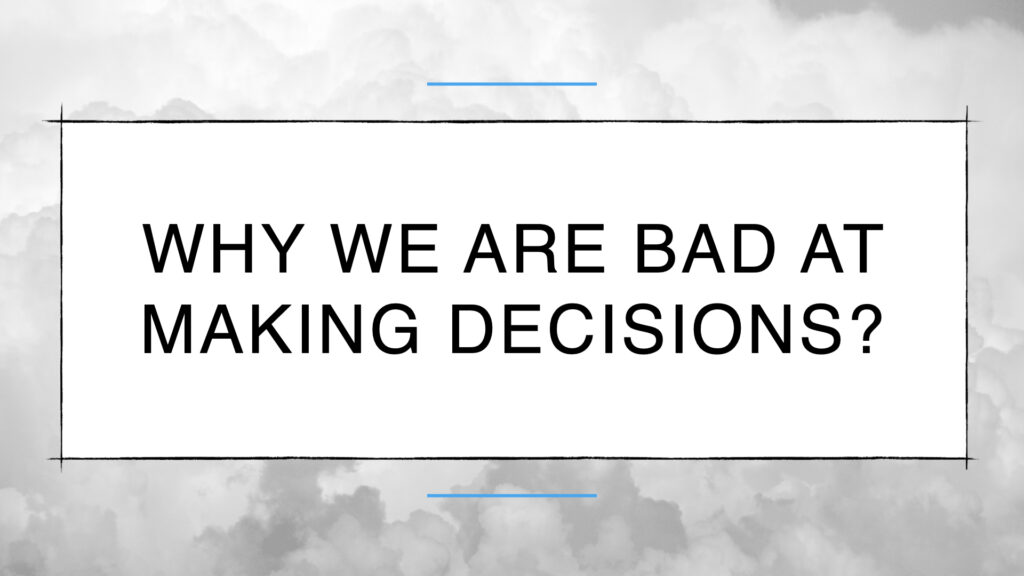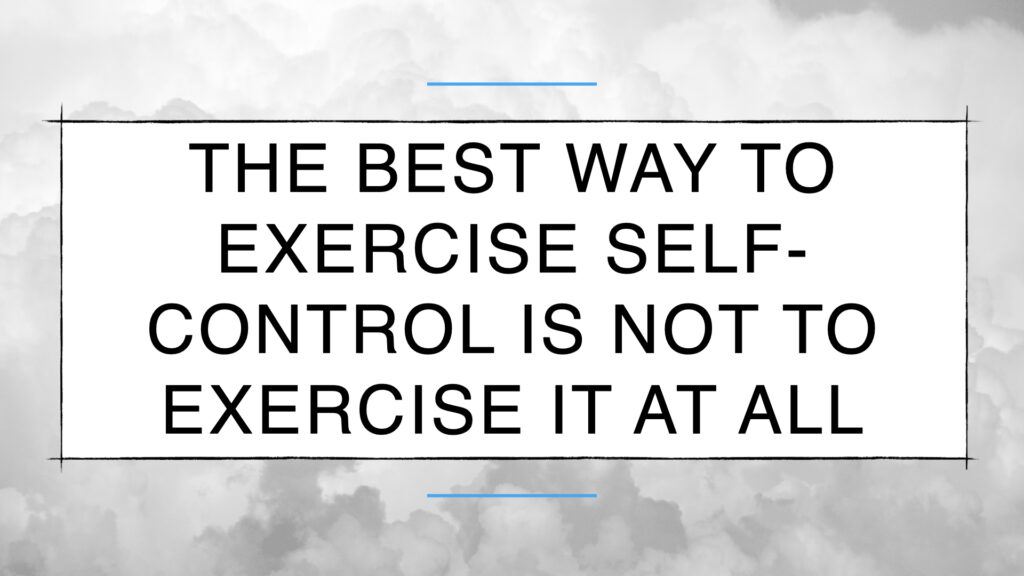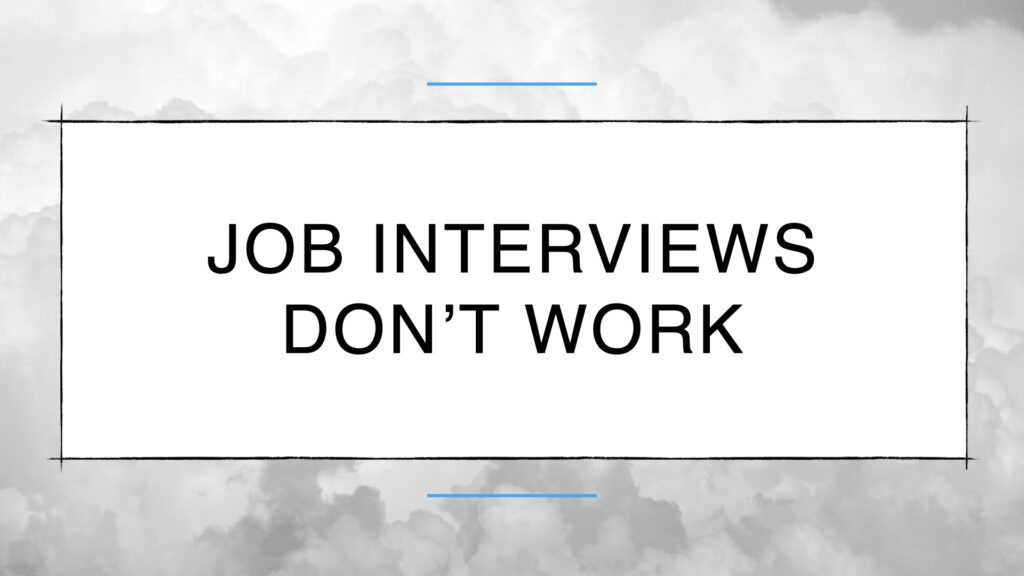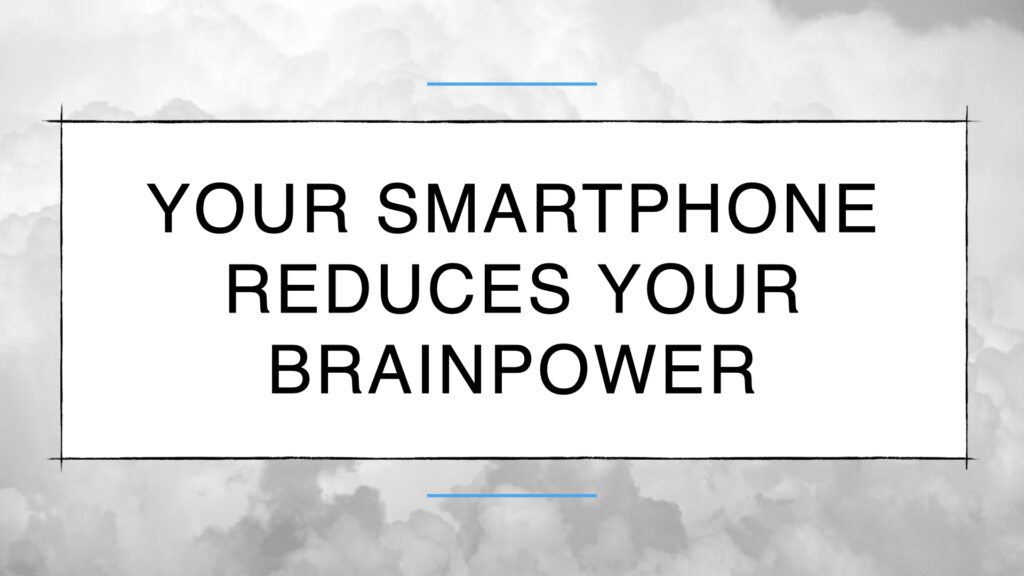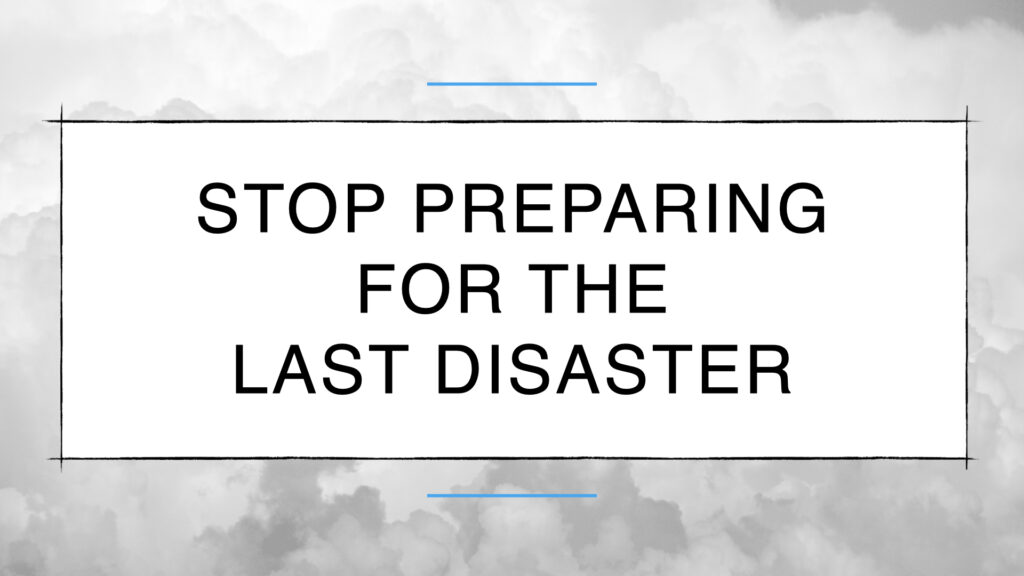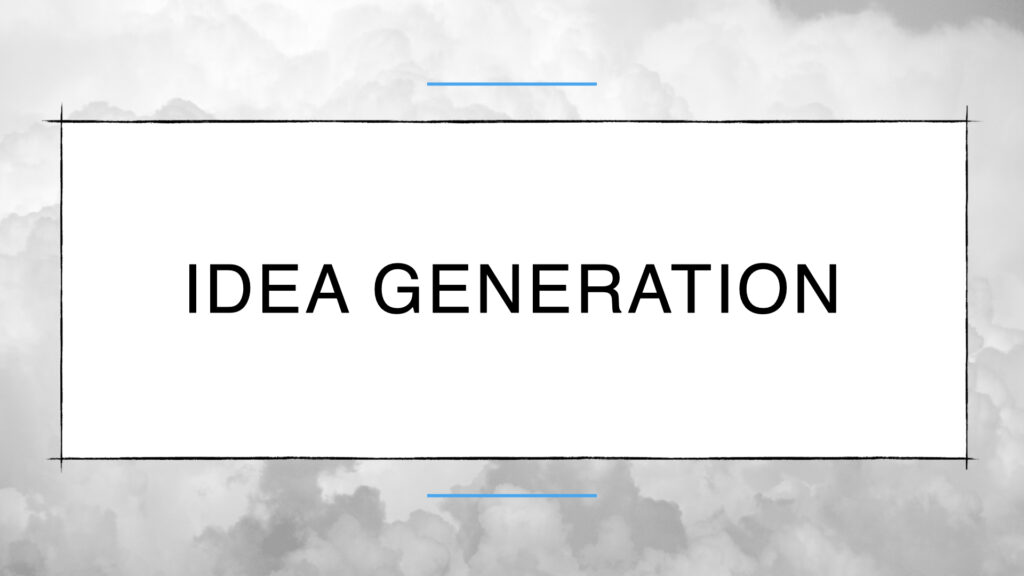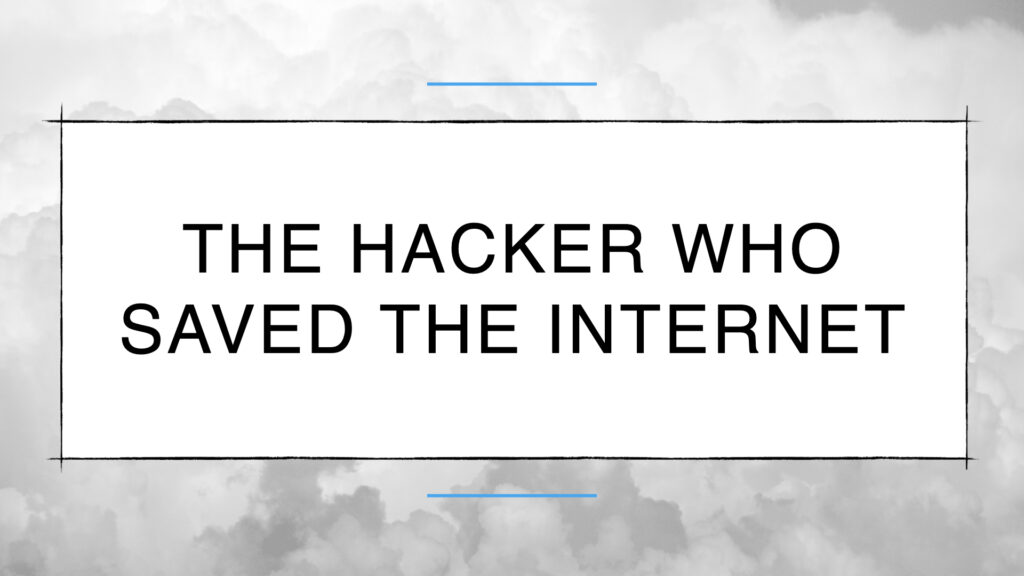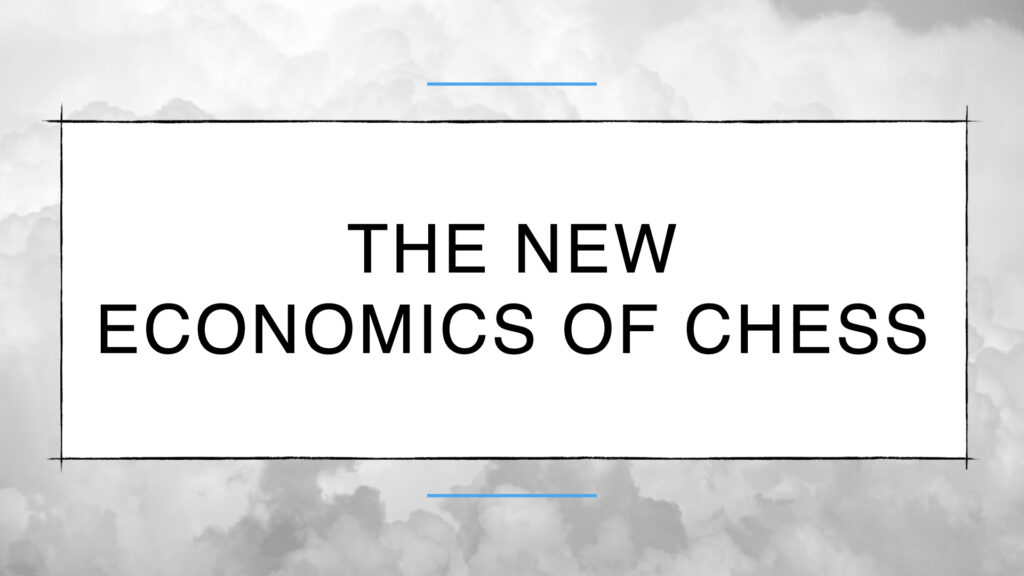Insights
Researchers and founders
They are creative idea-generators—a lot of the ideas may be terrible, but there is never a shortage. They really value autonomy and have a hard time with rules that they don’t think make sense. They are definitely not lemmings. Their motivations are often more complex than they seem—specifically, they are frequently very driven by genuine…
Read more
Why we are bad at making decisions?
Everything you do in life is a trade-off. Anything you say, do, or pursue has a cost and a benefit. Those costs and benefits may not always be immediately apparent — sometimes the costs and benefits are dislocated in time, the benefit being immediate and the cost in the distant future. Sometimes the costs or…
Read more
The best way to exercise self-control is not to exercise it at all
You’ve had a long week but fortunately it’s Friday and things are looking up. After grinding through the day, you stop on the way home to buy groceries for dinner. After getting the necessities, you decide on impulse to buy a dozen cookies. You’re on a diet, but you reassure yourself that you’ll eat only…
Read more
Why are rich people so mean?
Call it Rich Asshole Syndrome—the tendency to distance yourself from people with whom you have a large wealth differential. IN 2007, GARY Rivlin wrote a New York Times feature profile of highly successful people in Silicon Valley. One of them, Hal Steger, lived with his wife in a million-dollar house overlooking the Pacific Ocean. Their net worth was about…
Read more
Job interviews don’t work
Better hiring leads to better work environments, less turnover, and more innovation and productivity. When you understand the limitations and pitfalls of the job interview, you improve your chances of hiring the best possible person for your needs. “In most cases, the best strategy for a job interview is to be fairly honest, because the…
Read more
Your smartphone reduces your brainpower
Core message:In the study, Ward and his colleagues examined the performance of more than 500 undergraduates on two different common psychological tests of memory and attention. In the first experiment, some participants were told to set their phones to silent without vibration and either leave them in their bag or put them on their desk.…
Read more
Stop preparing for the last disaster
When something goes wrong, we often strive to be better prepared if the same thing happens again. But the same disasters tend not to happen twice in a row. A more effective approach is simply to prepare to be surprised by life, instead of expecting the past to repeat itself. If we want to become…
Read more
Idea generation
The best ideas are fragile; most people don’t even start talking about them at all because they sound silly. Perhaps most of all, you want to be around people who don’t make you feel stupid for mentioning a bad idea, and who certainly never feel stupid for doing so themselves. Stay away from people who…
Read more
The hacker who saved the internet
At 22, he single-handedly put a stop to the worst cyberattack the world had ever seen. Then he was arrested by the FBI. This is his untold story. AT AROUND 7 am on a quiet Wednesday in August 2017, Marcus Hutchins walked out the front door of the Airbnb mansion in Las Vegas where he had…
Read more
The new economics of chess
Notice how well Magnus Carlsen understands reputation and internet production. He keeps on posting “Banter Blitz” videos on YouTube, which show him playing speed chess on-line and commenting on the games as they proceed. He dramatically expanded the supply of chess tournaments, which he earns income from. He already was “the scarce factor,” and he…
Read more

